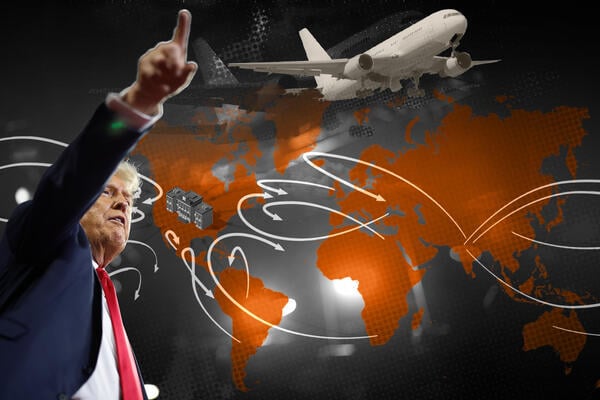Prior to Donald Trump’s return to the White House, international students and their supporters held a mix of anxiety and hope. However, the initial months of his administration have significantly dampened their optimism.
This article is part of an Inside Higher Ed series focused on international students during the Trump administration. Read the first installment here.
In recent weeks, federal immigration authorities have revoked student visas, conducted raids in dormitories, arrested green-card holders, and threatened deportation for international students involved in campus protests. Furthermore, numerous STEM research grants have been drastically reduced, affecting funding for many international graduate students, with several colleges even halting admissions in impacted graduate programs.
The administration is also contemplating a travel ban similar to the one from Trump’s first term, but significantly broader, expanding from seven to 43 countries, based on an internal memo.
William Brustein, the former vice president for global strategy and international affairs at West Virginia University, expressed that the combination of funding reductions, intensified visa enforcement, and high-profile arrests will likely result in a more severe decline in international enrollments compared to 2017. He believes many students will seek alternative education options in the U.K., Canada, and parts of Asia.
After Trump’s first travel ban in 2017, there was a noticeable decrease in international applicants to U.S. colleges—a 2.2 percent drop for undergraduates and 5.5 percent for graduate students, according to a National Science Foundation report. Following that, international enrollment had benefitted from a rebound before declining again during the pandemic. While recent trends indicate a resurgence in international student numbers, with a spike in 2023 nearing pre-pandemic figures, uncertainty remains high.
Stephen Yale-Loehr, a retired Cornell University law professor specializing in immigration and international students, noted that the current administration’s actions pose a substantial threat to international enrollment and financial contributions from full-paying international students. He commented on the chilly effect of such policies, remarking that they could again lead to a downturn in international student applications, with recovery requiring significant time, as was seen during the Biden administration.



